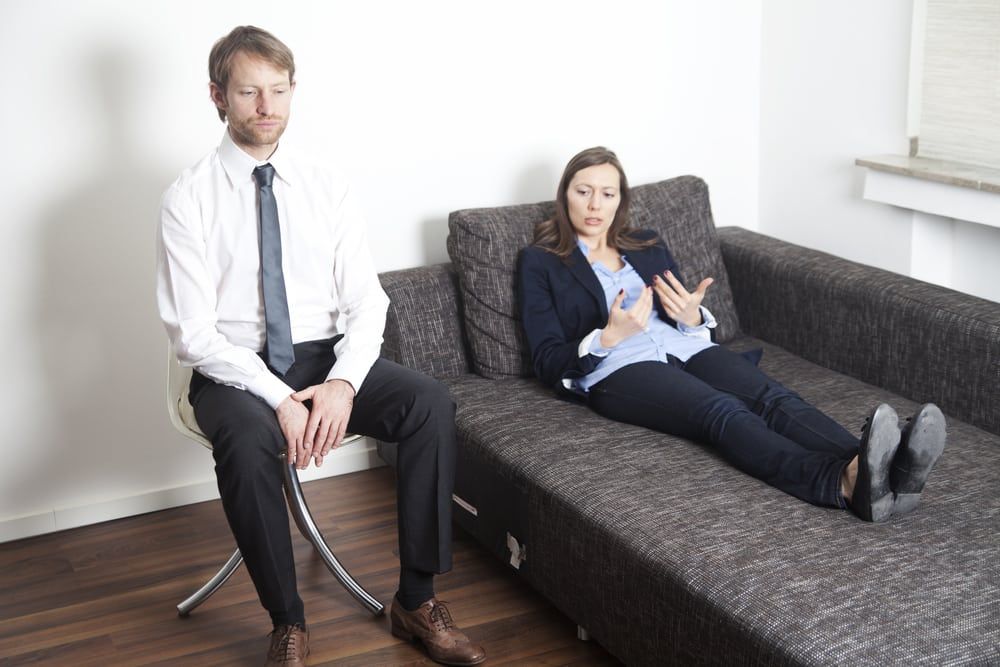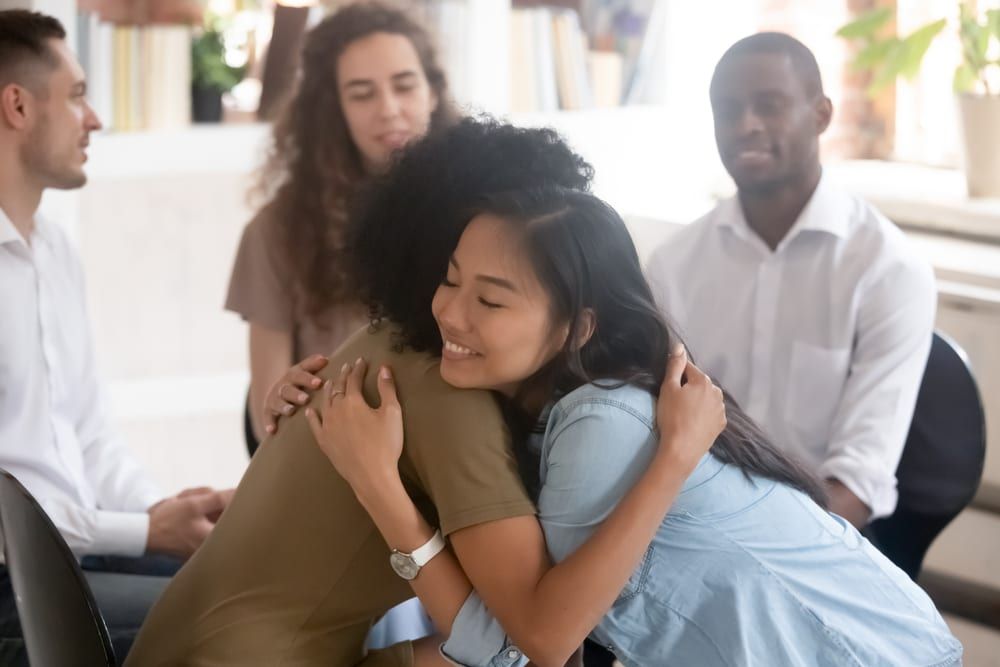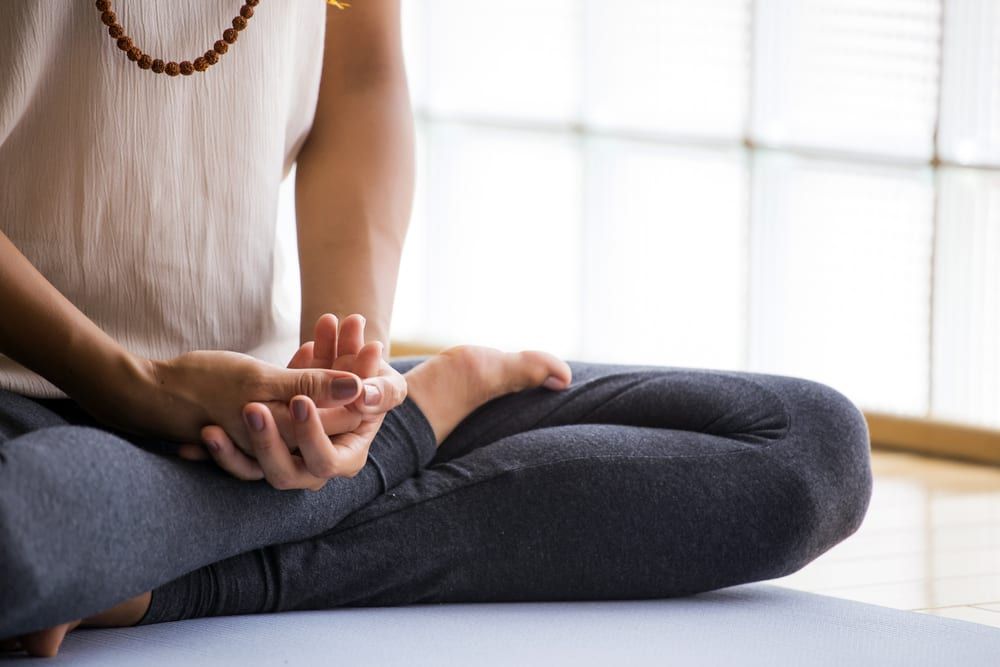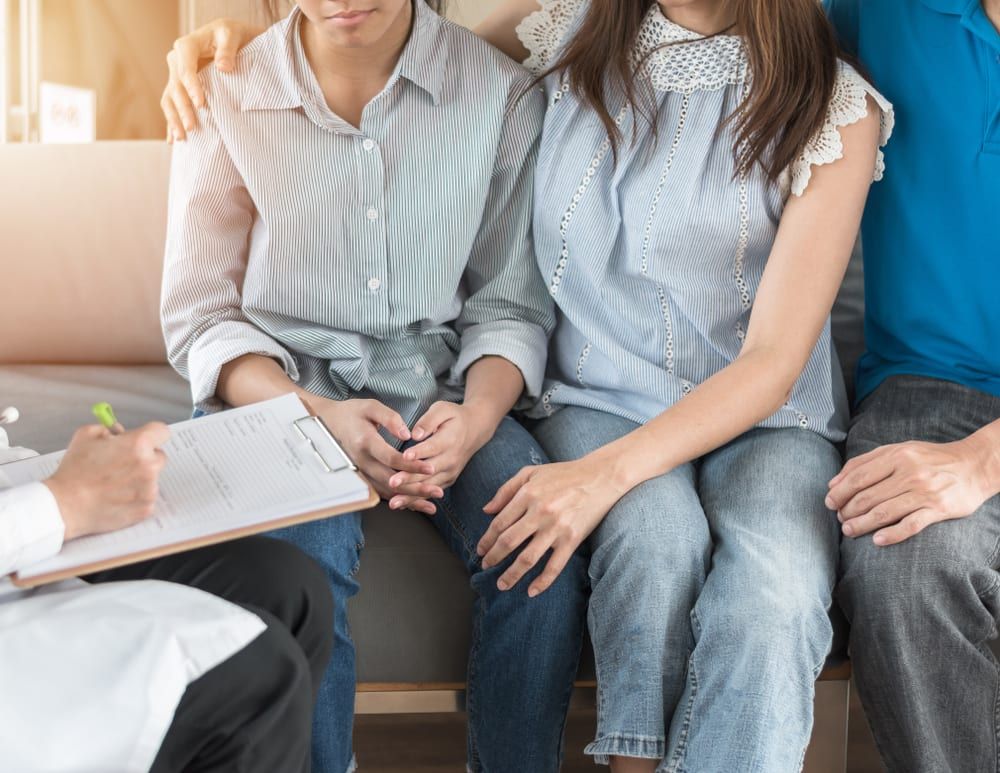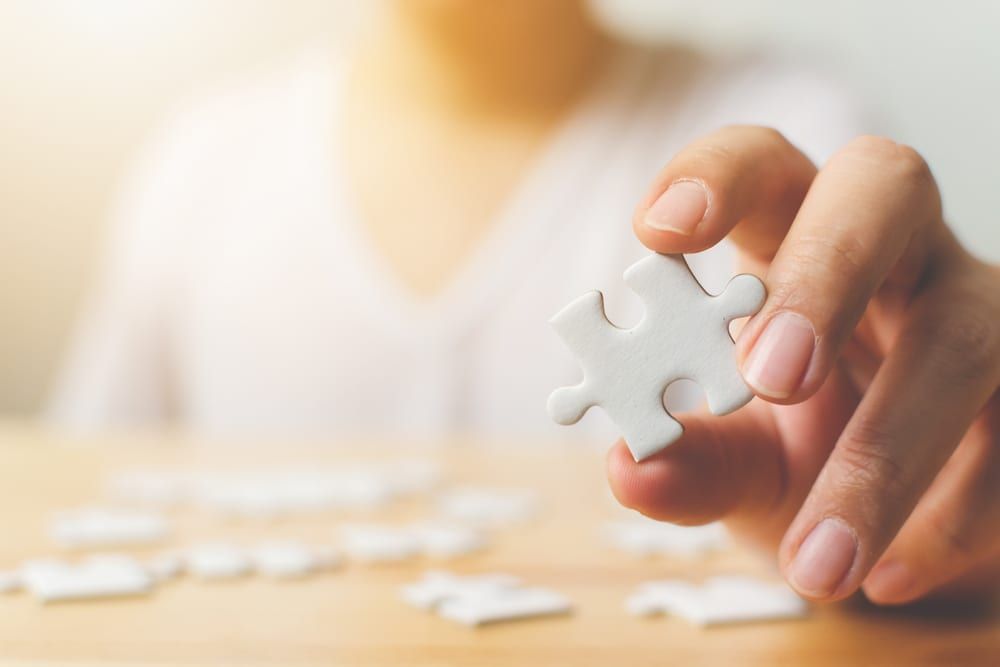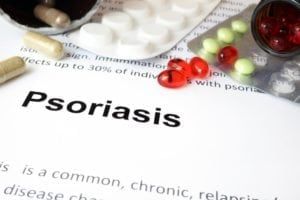Relationships are foundational to human interaction, but not all of them fit the ‘traditional’ mold. Loving commitments come in all forms and may not always meet the standards deemed acceptable among family, friends, and society in general. Although open-mindedness in trending in today’s culture, members of non-traditional relationships still battle stigmas and social intolerance. Non-traditional relationships therapy, clients involved in unconventional commitments can learn how to facilitate healthy relationships free of shame or embarrassment.
Did you know?
The term ‘non-traditional relationship’ is really relative to perception. Technically, any relationship that goes against societal ‘norms’ is considered non-traditional. This can include homosexual relationships, polygamous relationships, polyamorous relationships, and even straight couples who live together or have children outside of marriage. According to a Gallup poll, gay people alone make up approximately 3.5 percent of the entire American population. As many as 19 million have participated in same-sex behaviors, and some 700,000 are transgendered.
Frequently Asked Questions
Do I need non-traditional relationships therapy?
You do not need non-traditional relationships therapy simply because you are participating in a non-traditional relationship. Instead, therapy is available for the same reasons that it is available to people engaged in traditional relationships – to help define the connection between each committed person. If you are struggling with the components of your relationship, or if social stigmas or discrimination have caused problems with your relationship, contact your therapist to find out if counseling could be right for you.
What should I expect during a non-traditional relationships therapy session?
Therapy is always customized according to the needs of the client. However, non-traditional relationships therapy is always a no judgment zone and a safe place to discuss feelings and concerns. The goal of therapy is to help each client emerge with a better understanding of who they are, who their partners are, and the best ways of achieving relationship goals. This may include private sessions, sessions where partners attend together, and sessions where friends or family attend as well.
How will this therapy affect my day to day life?
Non-traditional relationships therapy can help you learn how to identify boundaries in your relationship. If you are practicing an open relationship, for example, it can mean learning how to define your fidelity. If you are engaging in a polyamorous relationship, therapy can help you secure intimacy within your relationship arrangement. Non-traditional therapy can also help you overcome any shame or embarrassment you have associated with your relationship choices. Love and commitment come in many forms – everyone deserves a healthy, happy relationship!
